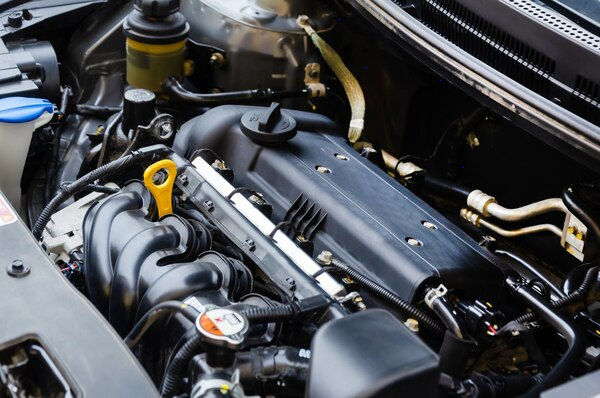The Future of Quantum Engines in the Automotive Industry
As the world accelerates towards a more sustainable future, the adoption of electric vehicles (EVs) has become a focal point in many countries' environmental strategies, and Hungary is no exception. The country's commitment to reducing its carbon footprint and reliance on fossil fuels has spurred significant interest and investment in the electric vehicle sector. This article delves into the current state of EVs in Hungary, the challenges and opportunities the sector faces, and what the future may hold.
Current State of Electric Vehicles in Hungary

In recent years, Hungary has seen a notable increase in the number of electric vehicles on its roads. This growth can be attributed to several factors, including government incentives, a growing public awareness of environmental issues, and technological advancements making EVs more accessible and affordable.
The Hungarian government has introduced various measures to encourage the adoption of electric vehicles. These include subsidies for EV purchases, tax reductions, and exemptions from certain fees. Additionally, the expansion of the charging infrastructure has been a priority, with numerous public and private charging stations being installed across the country. This improved infrastructure has alleviated some of the range anxiety that potential EV buyers may have, making electric vehicles a more viable option for everyday use.
Challenges Facing the EV Market
Despite the positive trends, the electric vehicle market in Hungary still faces several challenges. One of the most significant hurdles is the relatively high upfront cost of EVs compared to conventional internal combustion engine vehicles. Although the total cost of ownership for electric vehicles can be lower in the long run due to reduced fuel and maintenance costs, the initial purchase price remains a barrier for many consumers.
Another challenge is the development of a comprehensive and efficient charging network. While there has been progress, the current infrastructure is still not as widespread or reliable as it needs to be to support a substantial increase in electric vehicle usage. Rural areas, in particular, often lack sufficient charging facilities, making long-distance travel cumbersome for EV owners.
Furthermore, public awareness and education about electric vehicles are crucial. Many potential buyers are still unaware of the benefits and advancements in EV technology. Misinformation and misconceptions about battery life, range, and charging times can deter consumers from making the switch to electric.
Opportunities and Future Prospects
Despite these challenges, the future of electric vehicles in Hungary looks promising. Advances in battery technology are expected to continue, leading to more affordable and efficient EVs with longer ranges. As production scales up globally, economies of scale will likely reduce the cost of electric cars, making them more accessible to a broader audience.
The Hungarian government's commitment to environmental sustainability provides a strong foundation for the future. Ongoing investment in charging infrastructure, along with continued financial incentives, will play a crucial role in supporting the growth of the EV market. Moreover, Hungary's strategic position in Europe could make it a key player in the regional electric vehicle supply chain, potentially attracting investment from international automakers and technology firms.
Public-private partnerships can also be instrumental in accelerating the adoption of electric vehicles. Collaborations between the government, utility companies, and automotive manufacturers can help build a more robust and reliable charging network, as well as foster innovation in the EV sector.
Conclusion
The journey towards a sustainable transportation future in Hungary is well underway, with electric vehicles set to play a pivotal role. While there are several challenges to overcome, the opportunities and potential benefits of widespread EV adoption are substantial. With continued support from the government, advancements in technology, and increased public awareness, Hungary is on the right path to becoming a significant player in the electric vehicle revolution. The future of transportation in Hungary is electric, and the road ahead is bright.